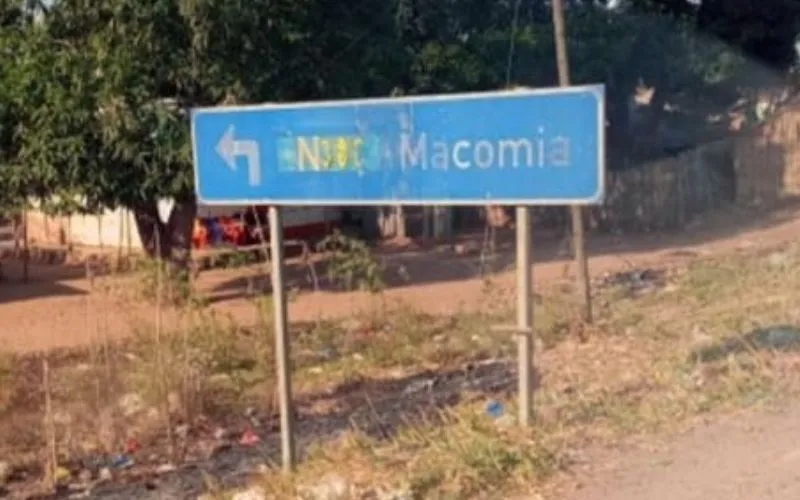Maputo, 18 January, 2024 / 9:25 pm (ACI Africa).
Denis Hurley Peace Institute (DHPI), an entity of the Southern African Catholic Bishops’ Conference (SACBC), has appealed to troops fighting insurgents in Northern Mozambique to allow those affected by the violence to flee and seek safety elsewhere.
Rwanda security forces who are fighting alongside other troops in Mozambique are reportedly trying to stop civilians fleeing the town of Mocímboa da Praia in the country’s Northern Province of Cabo Delgado where the Islamic State (ISIS) has intensified attacks.
In a Wednesday, January 17 interview with ACI Africa, the DHPI Director, Johan Viljoen, called on the military operating in Mocímboa da Praia to either beef up security in the embattled region or to allow those who no longer feel safe to flee.
“We are worried that soldiers are preventing people from fleeing at a time that the insurgents have intensified their attacks in Mocímboa da Praia. If the soldiers are not able to protect the civilians from the attacks, they should allow them to leave. There is no point in holding people in villages where they are vulnerable to attacks,” Mr. Viljoen said.
He found it regrettable that members of the armed forces in Mozambique are putting the lives of civilians at risk only “to save their image.”








